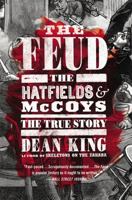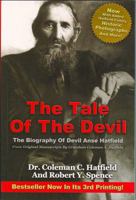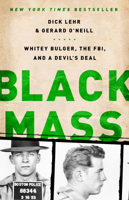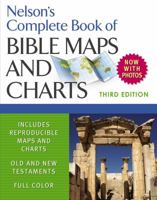Hatfields and the McCoys
Select Format
Select Condition 
You Might Also Enjoy
Book Overview
Customer Reviews
Rated 5 starsOtis Rice is the clear authority
I've become quite the Hatfield-McCoy historian over the years, having helped to produce an hour-long multimedia program to be shown to the general public on this facinating topic. A partner and I also worked with members of both families (descendants of the feudists) to put it all together. One of our foremost resources was this book, the work of Otis Rice. Of the many available texts covering the Hatfield-McCoy feud, Rice...
0Report
Rated 5 starsHatfields and McCoys
Recd the book in a timely fashion and the book was in great shape. Very pleased with the service.
0Report
Rated 5 starsGreat book
we are decendents of the hat fields and my dad has been doing research on them. I gave him this for Christmas and from what I hear he loves it and cant hardly put it down.
0Report
Rated 5 starsVery thorough
I was looking for a book to give me a factual narrative of the Hatfield-McCoy feud. I took a chance ont his book and was nicely rewarded. Heavily footnoted and scrupulously dispassionate, the book gives a clear and concise rundown of the events leading up to, during, and as the feud wound down. In the course of doing so, this book also debunks many of the myths and some of the commonly held beliefs of what took place during...
0Report






























































